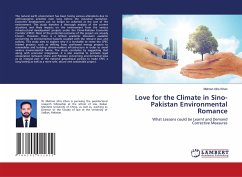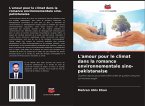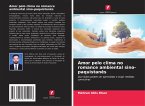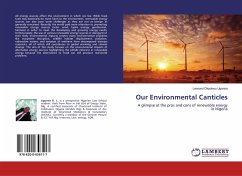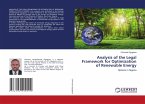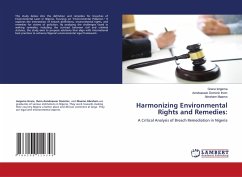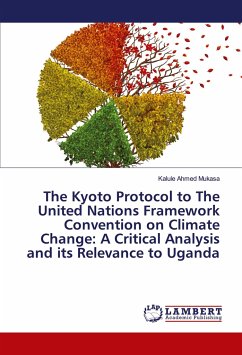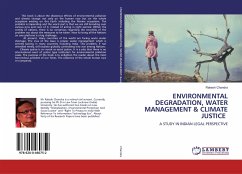The natural earth environment has been facing various alterations due to anthropogenic activities even long before the industrial revolution. Economic development can no longer be achieved at the cost of the environment. This study sketches a thorough analysis of the current situations and likely impacts on the environment from the various infrastructural development projects under the China-Pakistan Economic Corridor (CPEC). Most of the potential outcomes of this project are already known. However, there is a limited academic discussion available concerning its environmental hazards coupled with the relevant laws and policies. This study aims to explore why it is inevitable to revise the CPEC related projects, such as shifting from coal-based energy projects to renewables and building climate-resilient infrastructure in order to avoid various environmental harms. The study concludes by suggesting that along with economic integration, it is also essential to promote legal cooperation between China and Pakistan concerning environmental laws as an integral part of the national geopolitical policies to make CPEC a long-lasting as well as a more safe, secure and sustainable project.
Hinweis: Dieser Artikel kann nur an eine deutsche Lieferadresse ausgeliefert werden.
Hinweis: Dieser Artikel kann nur an eine deutsche Lieferadresse ausgeliefert werden.

